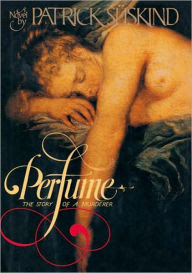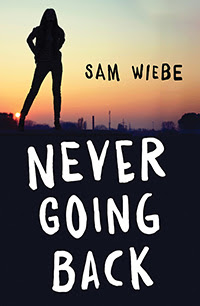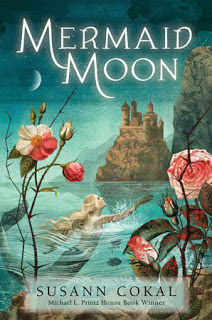
The entry begins:
If Empire City were turned into a film ...Visit Matt Gallagher's website.
Though it's set in an alternate America, Empire City is very much concerned with modern issues of war and peace and the relationship between a republic and its military. There's only been one great post-Vietnam war film made, in my opinion: Three Kings, written and directed by David O. Russell. So he's my dream director, because I know he can walk the line between sincerity and dark humor so important to stories of armed conflict, and I know he understands the character nuances and ambiguities inherent to compelling soldier leads.
Speaking of those leads...
In a perfect world, Christopher Mintz-Plasse (of McLovin fame) plays Sebastian Rios. Sebastian's a goofball, but deep down possesses...[read on]
The Page 69 Test: Empire City.
My Book, The Movie: Empire City.
--Marshal Zeringue











































